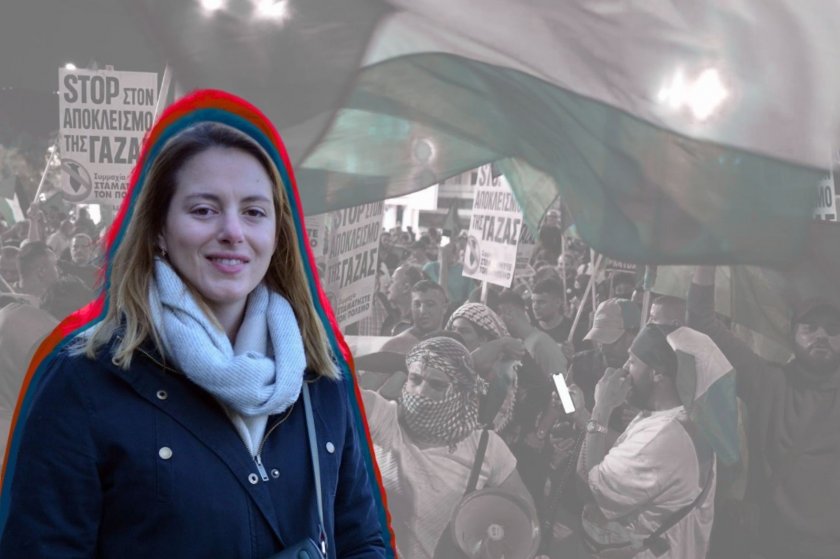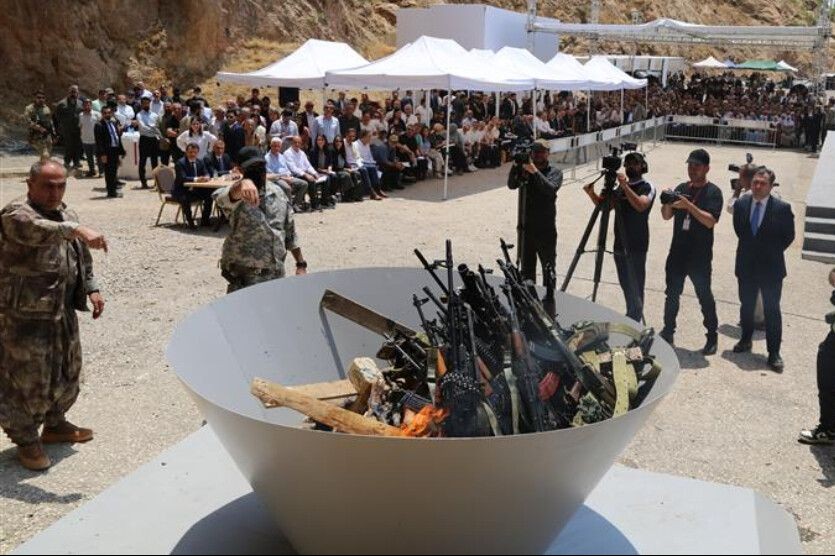Russian journalism and mass media face a new challenge
IPI member and PEN Moscow Director Nadezda Azghghina wrote about journalist murders, rights violations and censorship in Russia.

Nadezda Azhgkhina | Fotoğraf: IPI
Nadezda Azhgkhina
IPI member and PEN Moscow director
The first Russian newspaper, St. Petersburg Vedomosti, was born on January 1, 1703. It was established as Peter The Great’s direct tool to inform European monarchs about his activities and later to inform his officers about the tsar’s decrees and orders. Censorship was born together with Russian journalism.
In 1755, professors of the new Moscow University got permission to have their own publishing house and established Moscow Periodical Vedomosty. It had followed the ideas of the French Revolution. Since that time, for almost three centuries, Russian journalism has had to balance between strong censorship and the dream of freedom, between official promotion of imperial and later Soviet order, and liberal development, based on the demand for freedom of expression, open dialogue within society and with authorities, justice for all and humanism. The most courageous liberal-minded editors and writers faced direct pressure, sometimes imprisonment and exile, but the dream of freedom never died.
Russian writers created a special craft to overcome censorship, so-called “Aesop language”, or writing “between the lines”. They used metaphorical, associative and other artistic forms to present the main message, with the audience then reading “between the lines” as well.
Freedom of expression, the old dream of Russian intellectuals, became true in 1990 with the first-ever “Mass Media Law”, which declared censorship illegal and gave citizens the right to establish their own media. Still under the USSR, it was the first obvious result of perestroika. In December 1991, the law was accepted by the new parliament of the Russian Federation.
Unfortunately, rather soon, journalists began to lose their independence. New media owners and tycoons replaced the state. Instead of promoting independent journalism they used journalists as a weapon in their financial and political competition. Journalists and independent editors did not have enough experience with the market economy and did not form independent trade unions or associations. Russians got freedom like a golden rain from heaven and did not understand that freedom is not a festival, but hard everyday work. By the end of the 90s, the media field was divided by a few competing empires, with journalists as their tool.
And violence against independent journalists became an everyday practice.
All of Russia was stunned by the assassination of Larisa Yudina, the editor of a newspaper in Kalmykia, after publishing articles criticizing the Kalmyk president, in 1999. The 1994 killing of Dmitry Kholodov, a critic of the minister of military affairs, and the murder of “Russian Larry King”, Vlad Listyev, in 1995, also resonated strongly. Yury Shchekochikhin, a famous investigative reporter who covered corruption in politics and law enforcement, died from a strange disease in 2003. The killing of Anna Politkovskaya in 2006 became global news, sparking global action to stop impunity. Today the list of killed or disappeared journalists in Russia has more than 530 names. Most of these cases remain mired in impunity.
Since 2000, state influence on the media market (and all political and economical life) has become more and more visible. In 2001, since 9/11, the idea of security replaced the concept of freedom of expression in the public sphere. One-by-one, new media companies became controlled by the state or businesses close to it.
Independent media face multiple challenges and different forms of censorship. Since 2014, laws have become increasingly restrictive, making journalistic investigations almost impossible. It has become illegal to report on the property and life of state officials or their relatives; about the army; about space; even about the history of WW2. Concepts like “extremism” or “political activities” are defined so vaguely that every critical voice could be accused of them. The implementation of the law has also become selective, with critical media punished first. The “foreign agents” law became a new tool of pressure, sweeping up dozens of independent media and journalists.
But journalists in Russia are not giving up. They’re creating new media, mostly online, and standing in solidarity with one another. International cooperation and solidarity have helped solve several important court cases and led to the release of a number of journalists and bloggers from detention. It’s important to push on. Recently, the Nobel Peace Prize was awarded to the chief editor of Novaya Gazeta, where Politkovskaya also worked. He said the award is not for him but for Shchekochikhin, Politkovskaya and other killed journalists. His victory gives Russian journalists new energy.
Forwarding to the next article...
10 seconds remaining





Follow Evrensel